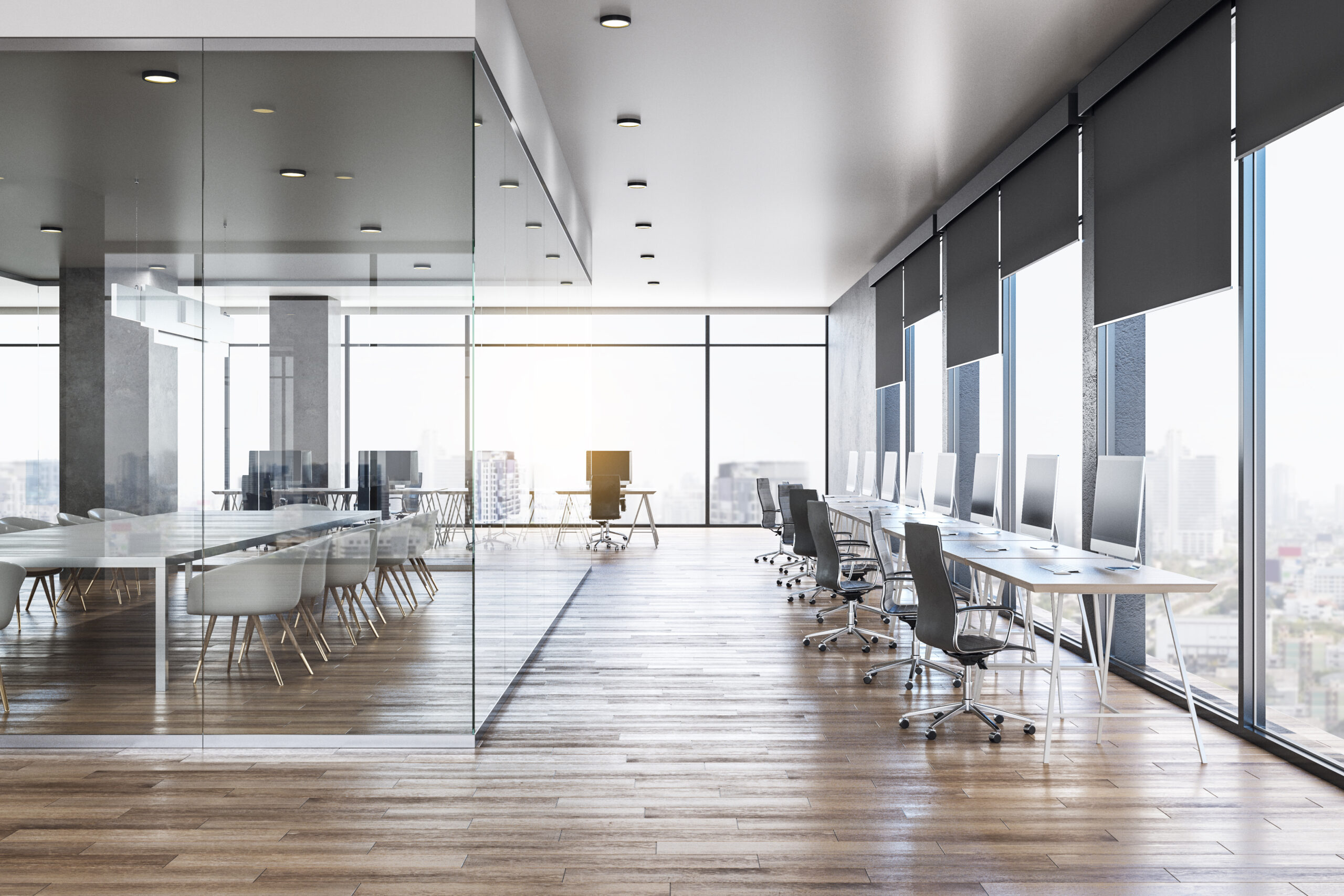Hints & Tips

Flooring for Commercial Spaces: What to Consider
The flooring in a commercial space plays a crucial role in setting the tone, enhancing aesthetics, and contributing to the overall functionality of the environment. Whether it’s an office, retail store, restaurant, or healthcare facility, choosing the right flooring is a decision that requires careful consideration. In this blog post, we will explore the key factors to keep in mind when selecting flooring for commercial spaces to ensure that it meets the unique needs and demands of the business environment.
Material Selection
There are various flooring materials available, each with its own advantages and disadvantages. Consider options such as:
Carpet Tiles
Ideal for offices and retail spaces, carpet tiles offer comfort, noise reduction, and easy replacement of individual tiles in case of stains or damage.
Vinyl Flooring
Vinyl is versatile, durable, and available in various styles, including luxury vinyl plank (LVP) and luxury vinyl tile (LVT), making it suitable for different commercial settings.
Tile Flooring
Tiles are a popular choice for areas with high moisture, such as bathrooms and kitchens. They are easy to clean and come in a variety of designs.
Hardwood Flooring
For a classic and upscale look, hardwood flooring adds warmth and elegance to spaces like restaurants and boutiques.
Concrete Flooring
Concrete is a durable option often seen in industrial or minimalist designs. It can be polished, stained, or coated to achieve different looks.
Foot Traffic and Durability
Commercial spaces experience a high volume of foot traffic on a daily basis. Consider the type of business and the anticipated foot traffic when selecting flooring materials. High-traffic areas require durable options that can withstand heavy use without showing signs of wear and tear.
Maintenance and Cleaning
Ease of maintenance is a critical factor in commercial spaces. Consider the cleaning requirements of the chosen flooring material. Some materials, like vinyl and tile, are relatively easy to clean, while others, such as carpets, may require more frequent maintenance.
Aesthetics and Brand Image
The flooring you choose should align with the overall aesthetics and brand image of the business. Consider the colour scheme, patterns, and design elements that reflect the brand’s identity and create a cohesive visual experience.
Safety and Slip Resistance
Safety is paramount in any commercial space. Ensure that the chosen flooring material provides adequate slip resistance, especially in areas prone to moisture, such as entryways and bathrooms.
Acoustics
In spaces where noise can be an issue, such as offices or restaurants, consider flooring materials that offer sound-absorbing properties to create a more comfortable environment.
Budget Considerations
Evaluate your budget for the flooring project, including installation costs. While it’s tempting to opt for the least expensive option, keep in mind that investing in high-quality, durable flooring can save you money in the long run by reducing the need for frequent replacements or repairs.
Selecting the right flooring for commercial spaces requires careful thought and consideration of factors such as durability, maintenance, aesthetics, safety, and budget. By understanding the unique needs of the business and the demands of the environment, you can choose flooring that not only enhances the visual appeal but also contributes to the functionality and success of the space. Whether it’s a bustling retail store, a productive office, or a cosy restaurant, the right flooring can create a positive impact on both customers and employees.
If you need help and advice on choosing the right flooring for your commercial space, get in touch with our expert team who will be happy to talk you through the options available.
Comments are closed here.